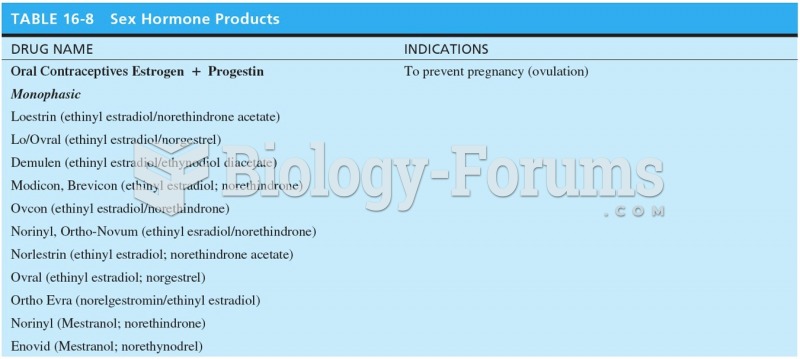Frasier and Company manufactures four different products that it ships to customers throughout the United States.
Delivery times are not a driving factor in the decision as to which type of carrier to use (rail, plane, or truck) to deliver the product. However, breakage cost is very expensive, and Frasier would like to select a mode of delivery that reduces the amount of product breakage. To help it reach a decision, the managers have decided to examine the dollar amount of breakage incurred by the three alternative modes of transportation under consideration. Because each product's fragility is different, the executives conducting the study wish to control for differences due to type of product. The company randomly assigns each product to each carrier and monitors the dollar breakage that occurs over the course of 100 shipments. The dollar breakage per shipment (to the nearest dollar) is as follows: Rail Plane TruckProduct 1 7,960 8,053 8,818Product 2 8,399 7,764 9,432Product 3 9,429 9,196 9,260Product 4 6,022 5,821 5,676Was Frasier and Company correct in its decision to block for type of product? Conduct the appropriate hypothesis test using a level of significance of 0.01.A) Because F = 32.12 > F=0.01 = 9.78, reject the null hypothesis. Thus, based on these sample data we conclude that blocking is effective.
B) Because F = 28.14 > F=0.01 = 7.63, reject the null hypothesis. Thus, based on these sample data we conclude that blocking is effective.
C) Because F = 32.12 > F=0.01 = 9.78, do not reject the null hypothesis. Thus, based on these sample data we conclude that blocking is not effective.
D) Because F = 28.14 > F=0.01 = 7.63, do not reject the null hypothesis. Thus, based on these sample data we conclude that blocking is not effective.
Question 2
The random variable x is the number of customers arriving at the service desk of a local car dealership over an interval of 10 minutes. It is known that the average number of arrivals in 10 minutes is 5.3.
The probability that there are less than 3 arrivals in any 10 minutes is:A) .0659
B) .0948
C) .1016
D) .1239







